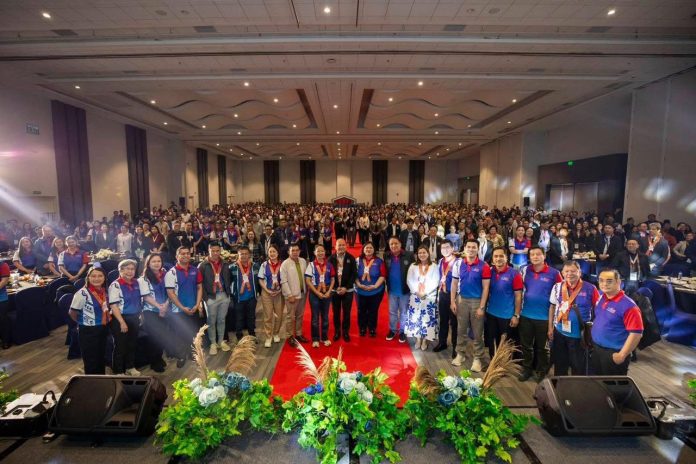The Department of Education rolled out its first Classroom Summit, bringing together agencies, contractors, local governments, and development partners in a united push to finally break the cycle of classroom construction delays. With the country still facing an estimated 165,000-classroom backlog, the summit marked a rare, full-force gathering focused on fixing bottlenecks that have held back school infrastructure for years.
Education Secretary Sonny Angara framed the event as a turning point, highlighting the need for flexibility, innovation, transparency, and accountability in building learning spaces. A key feature unveiled during the summit was the STRIDE (Strategic Resource Inventory for Deployment Efficiency) Dashboard, a new data-mapping tool that gives DepEd field offices real-time visibility into enrollment, staffing, and infrastructure needs. The goal: empower regional and division offices to make grounded, data-informed decisions instead of relying on outdated or incomplete reports.
Stakeholders also worked through practical challenges—contractor accreditation, climate-resilient classroom designs, procurement readiness, financing pathways, and implementation gaps. With direct engagement between DepEd and private suppliers, the summit doubled as an operational workshop and a commitment check before the agency launches a more flexible infrastructure program in 2026. For communities waiting on overdue classrooms, the message was clear: DepEd is building a system where schools aren’t left waiting in line without answers.
Image from DepEd PH

